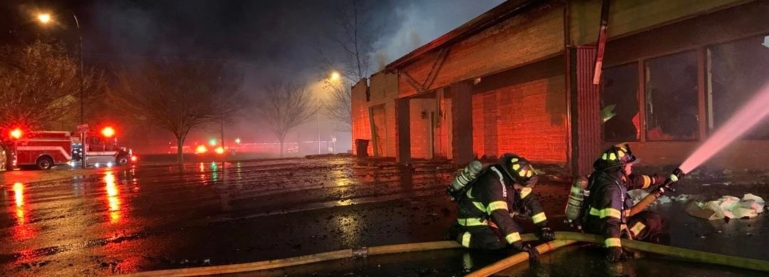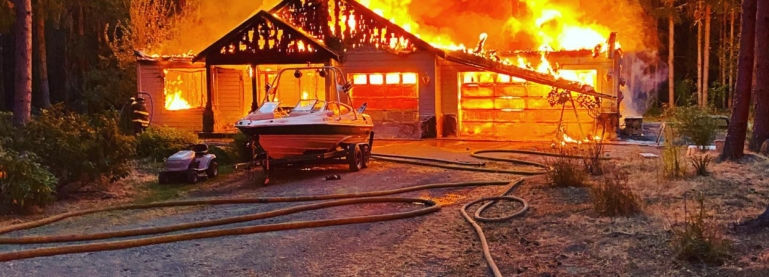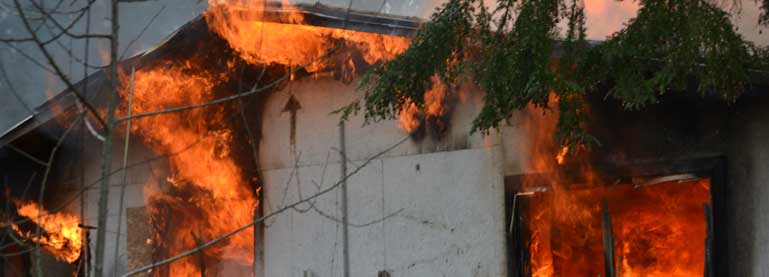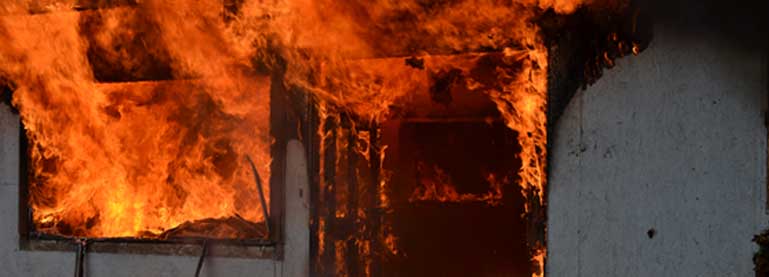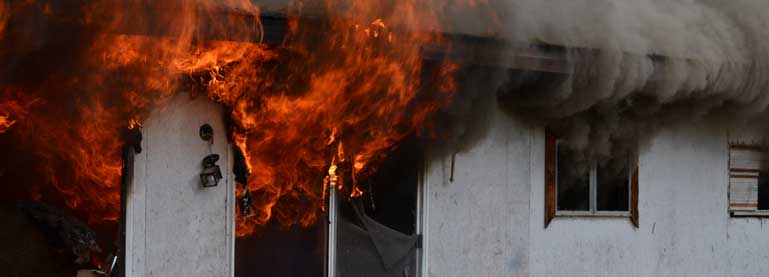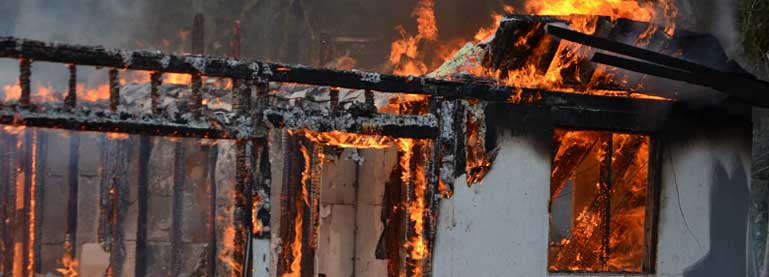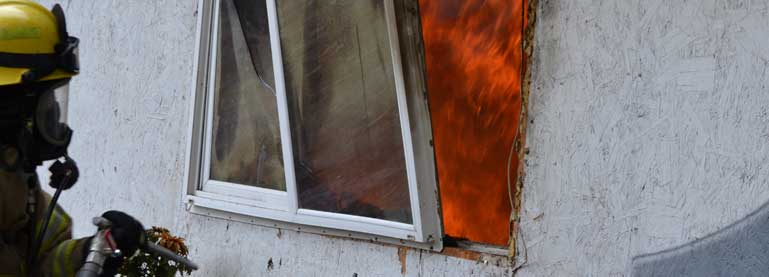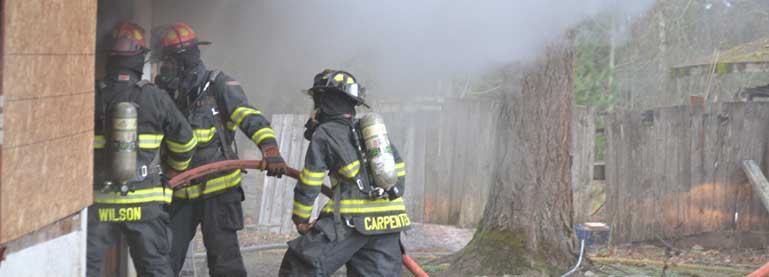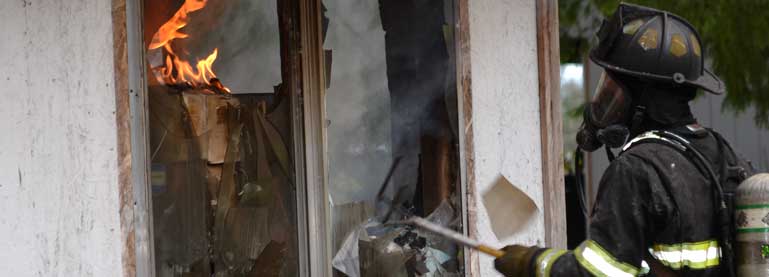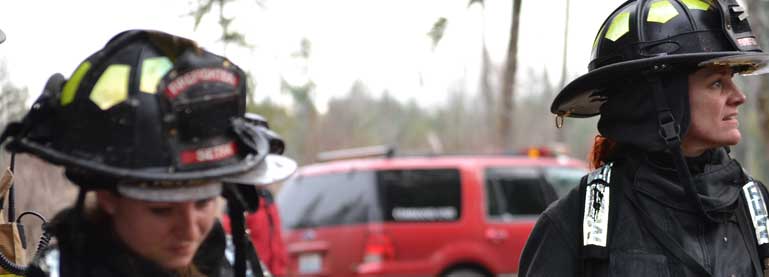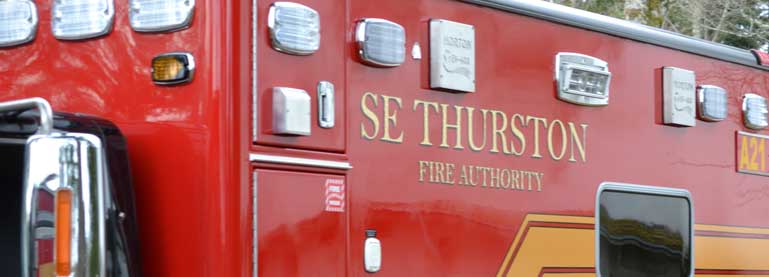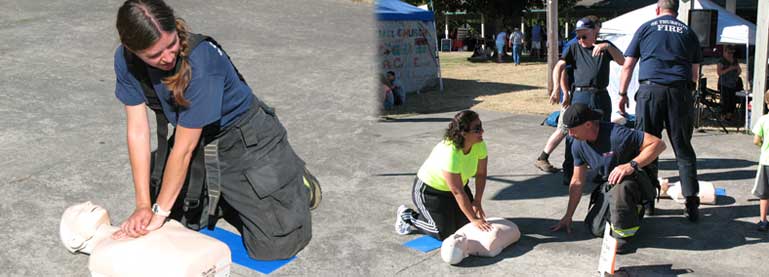Seattle has been issued an Excessive Heat Warning from the National Weather Service. Temperatures are predicted to be above 90 degrees Fahrenheit. Starting on July 26th, temperatures will begin in the low to mid-90s and increase throughout the week. Here are some tips to avoid illness caused by extreme weather.
Protecting Your Skin From the Sun
Clothes
When possible, wear long-sleeved shirts, pants, and skirts. This can provide UV protection; darker clothes made from tightly woven fabric can offer more protection. Wet material can provide less protection along with light-colored fabrics. Some clothes also offer UV protection and are certified under international standards.
Shade
Staying in the shade can prevent sun damage and skin cancer. Shade can be provided by an umbrella, tree, or cover. However, protective clothing and sunscreen are the best protection even when in the shade.
Hats
A hat with a brim covering your face, ears, and the back of your neck will provide the most protection for you—tightly woven fabrics such as canvas work the best to protect against UV rays. Avoid woven hats with holes that allow for sunlight to shine through. If you wear a baseball cap wearing clothing and sunscreen will help protect the areas that the hat does not cover.
Sunscreen
SPF or sun protection factor is a number assigned to sunscreens rating how effective they are in blocking UV rays. The general recommendation for sunscreen is to use a broad spectrum with an SPF of 15 or higher. A broad spectrum sunscreen will block both UVA and UVB rays. For maximum protection, a thick layer of sunscreen needs to be applied to all exposed skin, including hard-to-reach areas. Make sure to check if the sunscreen has expired. Most sunscreens have a shelf life of three years, which can be shorter if the product is exposed to high temperatures.
Sunscreen is not recommended for babies who are six months or younger. Instead, they should not be in the sun during midday and wear protective clothing when they are in the sun.
Reapplication of sunscreen should happen every two hours when you are outside and after swimming, sweating, and toweling off.
Learn more about sun exposure at Skin Cancer, CDC.
Heat Safety
Here is a list of things you can do to prevent heat-related illness.
- Stay hydrated and drink water before you feel thirsty.
- Use air conditioners or shut blinds to keep your house cooler.
- Avoid outdoor activities during the hotter periods of the day. This is usually around 11 AM to 6 PM.
- Never leave children and pets inside a vehicle as temperatures can rise quickly during hot weather.


